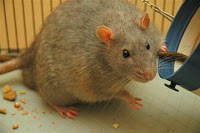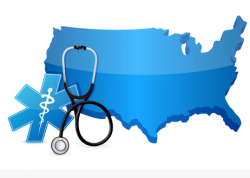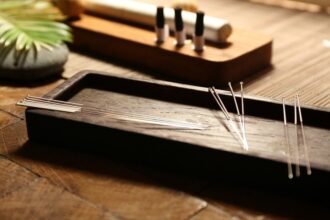 | ||
 An honest to goodness diabetic rat! | |
According to a study published by the American Physiological Society, proline and arginine supplementation can help heal wounds in diabetic patients.
Diabetic ulcers are a common problem among diabetic patients. It is estimated that approximately 80% of such patients undergo lower leg amputation.
French researchers found that diabetic rats on a high protein diet with arginine and proline — specific molecules found in protein — showed better wound healing over rats fed either standard or high protein food without arginine and proline supplementation.
So I guess the lesson is to eat more protein specifically which has these supplements.
Animal sources of arginine include:
- dairy products (e.g., cottage cheese, ricotta, milk, yogurt, whey protein drinks), beef, pork (e.g., bacon, ham), gelatin, poultry (e.g. chicken and turkey light meat), wild game (e.g. pheasant, quail), seafood (e.g., halibut, lobster, salmon, shrimp, snails, tuna)
Plant sources include:
- wheat germ and flour, buckwheat, granola, oatmeal, peanuts, nuts (coconut, pecans, cashews, walnuts, almonds, Brazil nuts, hazelnuts, pinenuts), seeds (pumpkin, sesame, sunflower), chick peas, cooked soybeans










